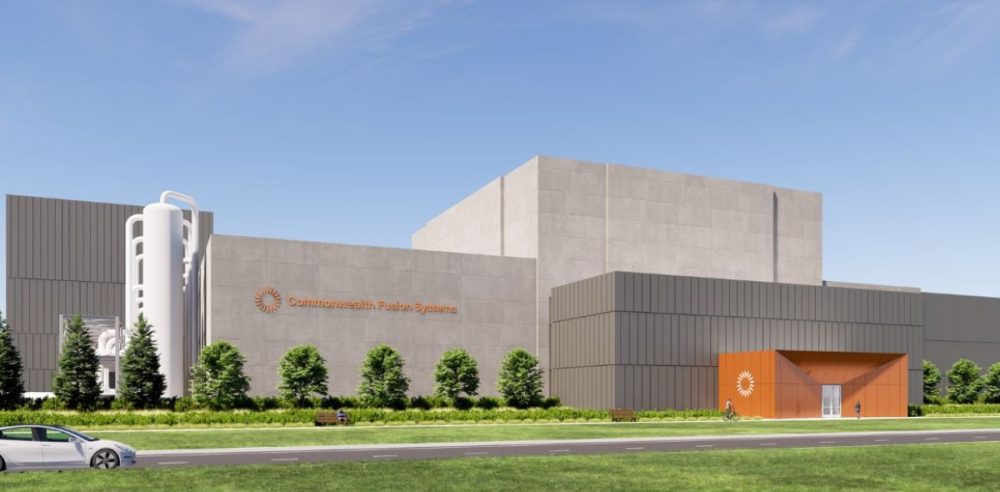Virginia is on the brink of a groundbreaking energy milestone: plans have been unveiled for the world’s first nuclear fusion power plant.
Commonwealth Fusion Systems, a company founded in 2018 in Cambridge, Massachusetts, announced on Tuesday that it will build this innovative facility on a 100-acre site at the James River Industrial Park in Chesterfield County. The Virginia Mercury reported that the plant, projected to generate 400 megawatts of electricity—enough to power 150,000 homes—could be up and running by the early 2030s.
“Commonwealth Fusion Systems plans on building the world’s first grid-scale commercial fusion power plant in the world, full stop, and it’s going to be right here in the commonwealth of Virginia,” Gov. Glenn Youngkin said during an announcement ceremony.
The fusion process, unlike traditional nuclear fission, mimics the sun’s energy production, offering a cleaner and more sustainable alternative. The project will utilize 25 acres of the site, marking a significant step forward for Virginia’s role in future energy innovations.
The plant’s announcement comes at a critical time as Virginia’s energy demands surge. This surge is primarily fueled by the rapid growth of data centers powering big tech operations, which require vast amounts of electricity and water to keep systems cool and functioning.
A recent report by the Joint Legislative Audit Review Commission indicated that energy demand from these data centers could triple from 10,000 megawatts today to 30,000 megawatts by 2040, provided infrastructure like new transmission lines is in place.
Dominion Energy and Appalachian Power Company, Virginia’s two largest utilities, are already exploring other innovative energy solutions, such as small modular nuclear reactors, offshore wind, solar power, and natural gas. However, fusion energy offers a promising new route to clean energy production.
The fusion process combines hydrogen isotopes, specifically deuterium and tritium, under extreme heat and pressure. Powerful magnets force these elements to fuse, releasing tremendous heat energy. This heat boils water to produce steam, which spins turbines to generate electricity. The process’s only byproduct is helium, a clean and efficient energy source.


